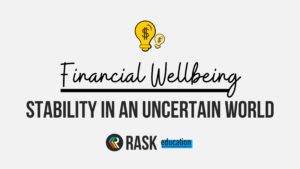Cash Versus Accrual Accounting
Imagine you have a lemonade stand. It’s the best lemonade stand for 100 km, so you charge $5 for one lemonade (go you!).
Cash Accounting
If your business used cash accounting rules you would record the sale and costs as cash changes hands.
For example, let’s say I buy one lemonade from you ($5). That’s $5 in cold hard cash for your business. You will report the $5 as sales today.
Here’s all you need to know: With cash accounting you record the sales or costs (e.g. buying Grandma’s lemons for 20 cents) when they occur.
Accrual Accounting
If your business uses accrual accounting rules you record the sale and costs in the period they are incurred.
For example, let’s say I buy one lemonade from you ($5) using my bank card. Technically, I paid you now (we both saw the machine say “approved”)– but you may not receive the $5 cash in your bank account until tomorrow or the next day.
So how does that work?
Because you made the lemonade and sold it to me today (aka it was “incurred”) you report it as a sale today.
What’s The Difference Between Cash And Accrual?
Remember back to the cash accounting example.
If I used my bank card to buy the lemonade and your business uses cash accounting rules, it would mean you record the sale tomorrow or the next day – that is, whenever the cash lands in your bank account. Under accrual rules, it would be today — because that’s when it is incurred.
Should I Use Cash Accounting For My Business?
Almost no medium-sized businesses use cash accounting rules these days. In some instances, regulations may require accrual accounting.
While cash accounting might “make more sense” for a very small business or one that is just starting out, once the business starts to grow an accountant can help you take care of the rules under accrual accounting — and may even help you minimise your tax bill!
[ls_content_block id=”27643″ para=”paragraphs”]



